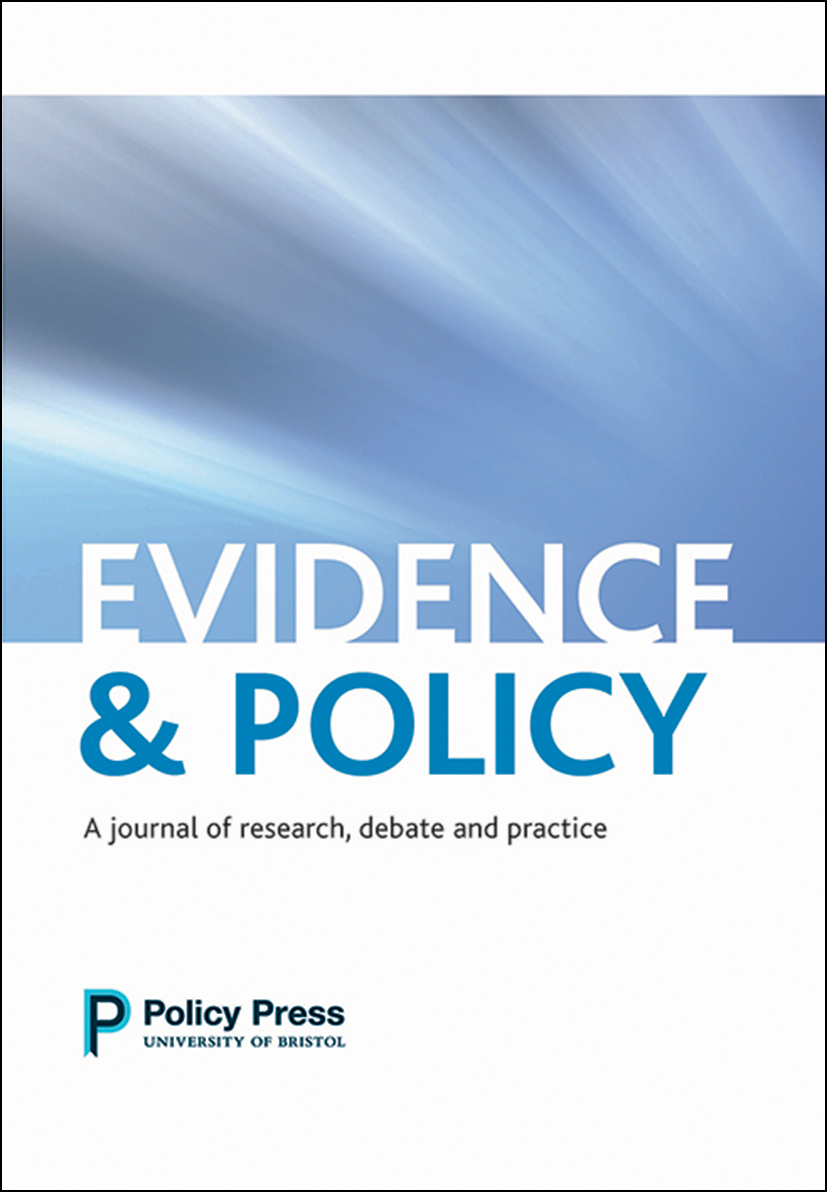Articles de journaux

This paper discusses our experiences and lessons from the Strengthening Capacity for Evidence Use in Health Policy (SECURE Health) project implemented in Kenya and Malawi to strengthen capacity for evidence use within the ministries of health (MoHs). The intervention implemented simultaneous activities to build technical skills at the individual level, strengthen institutional policies and structures that enable evidence use, and cultivate a supportive political environment for enabling increased demand and use of evidence in health policy-making in Kenya and Malawi.

Nutritional interventions to prevent stunting of infants and young children are most often applied in rural areas in low- and middle-income countries (LMIC). Few interventions are focused on urban slums. The objective of this systematic review was to assess the impact of nutritional interventions to reduce stunting in infants and children under five years old in urban slums from LMIC and the effect of nutritional interventions on other nutritional (wasting and underweight) and non‐nutritional outcomes (socioeconomic, health and developmental) in addition to stunting.

Despite growing interest in evidence among parliamentarians and some emerging literature on evidence use in decision making in parliaments, there is still a notable gap in knowledge on the ecosystem of evidence in parliaments. This paper seeks to contribute to filling this gap by discussing the contribution of a loose regional network, the Network of African Parliamentary Committees on Health (NEAPACOH), to the evidence ecosystem in African parliaments.

Worldwide, more than one-third of women have experienced either sexual or physical violence, often perpetrated by an intimate partner, while about 7% have been sexually assaulted by a non-partner. Such violence is not only a crime, but also a public health concern since it is associated with ill-health including depression, low birthweight babies, and infection from HIV.

Increasingly, decision-makers are recognising the value of evidence in formulating sound and sustainable policies. More researchers have also become concerned with ensuring that their evidence reaches policymakers. It is emerging that researchers and policymakers do not speak to each other as much as they should.

